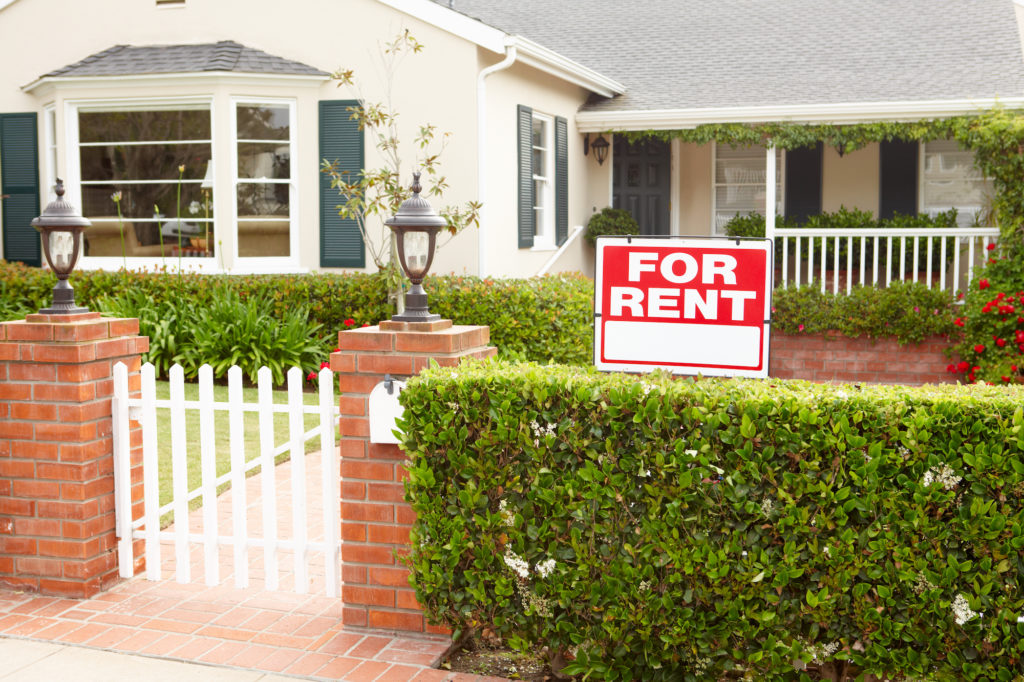Calculating the tax on rental property sales when reno receipts are missing
Is there a reasonable amount CRA will accept for repairs without receipts?
Advertisement
Is there a reasonable amount CRA will accept for repairs without receipts?

Share this article Share on Facebook Share on Twitter Share on Linkedin Share on Reddit Share on Email
I have a piece of land that I bought in Quebec in 1973. The land was deemed too small and inaccessible to build on so I have been paying property tax on it for 50 years as a sort of purgatory. I now have a potential buyer who prepared to pay me 2.5 times what I paid for it. While these sums are still very small my question has to do with my capital cost. In order to hold this property as an investment I had to pay municipal taxes. Since I have never expensed these in any way, can I capitalize those costs as part of my capital cost of the property?